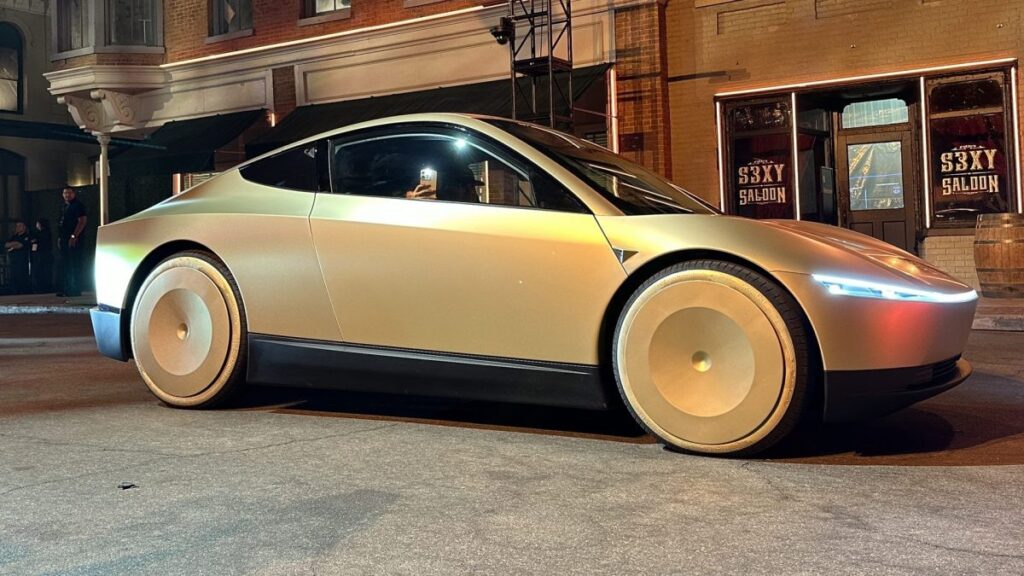
Tesla’s ambition to lead the autonomous vehicle market faced a setback when the U.S. Patent and Trademark Office (USPTO) refused its application to trademark the term ‘Robotaxi’. The rejection was based on the term being ‘merely descriptive’, highlighting challenges in branding within emerging tech sectors.
Understanding the Rejection:
The USPTO’s decision indicates that ‘Robotaxi’ is a generic term used across the industry to describe autonomous taxis. This generic nature makes it ineligible for trademark protection, as it doesn’t distinguish Tesla’s services from others.
Implications for Tesla:
Without exclusive rights to ‘Robotaxi’, Tesla may need to reconsider its branding strategy for its autonomous services. This could involve developing unique names that encapsulate the innovation and distinctiveness of their offerings.
Broader Industry Impact:
This case underscores the importance of distinctive branding in the autonomous vehicle industry. As companies race to develop similar technologies, establishing unique identifiers becomes crucial for market differentiation.
Tesla’s trademark rejection serves as a reminder of the complexities involved in branding within rapidly evolving industries. Companies must navigate the fine line between descriptive terminology and distinctive branding to protect their intellectual property effectively.



